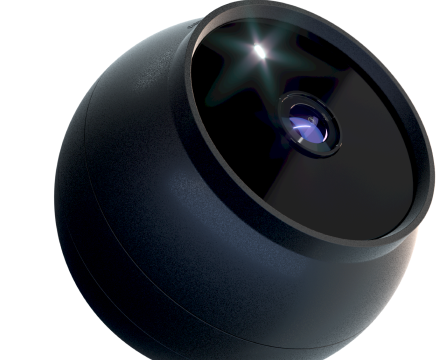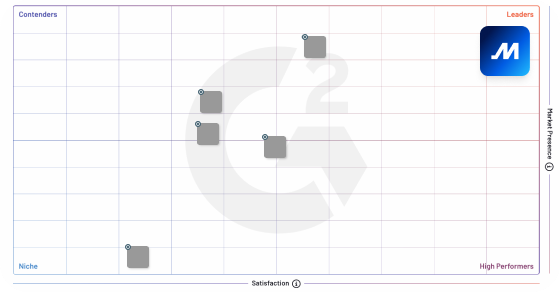Why is GPS important?
GPS technology is important when it comes to providing navigation services and location information for people, pets, and valuable assets. One of the major industries that rely on GPS tracking technology is the fleet management industry. But why is GPS important for this industry?
Why is GPS important for fleet management companies?
GPS technology is extremely important when it comes to the tracking and management of commercial vehicles in many different types of companies and organizations.
Some companies that use GPS tracking are:
Delivery fleets
Companies with vehicles that perform delivery services rely on GPS technology for vehicle location monitoring to guarantee real-time status updates and on-time delivery. Using GPS devices, delivery fleet companies can verify whether their vehicles are moving, and whether they’re taking the recommended routes. GPS also allows the companies to confirm that drivers are moving at the correct speeds and are delivering orders to customers at the designated time.
In the event that vehicles get caught in traffic or waylaid, fleet managers can use GPS data to instantly verify the location of the vehicle and provide assistance. Delivery companies are also able to use the information GPS devices give them to relay real-time location information and accurate estimated time of arrival for orders.
With GPS tracking systems, managers can receive notifications when drivers complete deliveries, return to a distribution center, or sign off for the day.
Passenger transit companies (taxis, limousines, car services, etc.)
GPS is important for passenger transit companies, who use it to allow fleet managers to dispatch drivers in a more streamlined and efficient way.
GPS tracking makes it simple for the drivers who are closest to be dispatched to pick up clients. This shortens wait times and helps to improve the customer experience. Fleet management solutions with GPS tracking capabilities allow passenger transit companies to send alerts when vehicle doors open and close, which indicates complete fairs and available vehicles.
GPS technology also helps drivers in passenger transit companies by displaying the most efficient route, traffic conditions, and the cost of the ride.
Bus fleets
GPS tracking technology helps bus companies with many areas of their operations, including location announcements at bus stops and planning the most efficient routes. In addition, fleet managers can use GPS tracking for information on vehicle location and speed.
With the location and speed information gathered by the GPS technology combined with traffic updates, fleet managers are also able to correctly estimate vehicle arrival times at bus stops. This not only provides timely transport information and services for passengers, but also helps to streamline fleet management operations.
Construction fleets
Companies in the construction industry in particular experience massive benefits from GPS tracking.
One of the significant benefits of GPS tracking technology for construction companies is theft and loss prevention. Because construction areas are so expansive, it’s difficult to watch building materials, tools, and heavy equipment closely without the help of technology.
With GPS tracking, construction managers can guarantee 24/7 monitoring of every asset they need to. With technology like geofencing, construction companies can program a virtual perimeter around their construction sites.
When assets with GPS tracking devices attached to them go outside of the perimeter, instant notifications are sent to help prevent loss or recover lost or stolen assets quicker.



